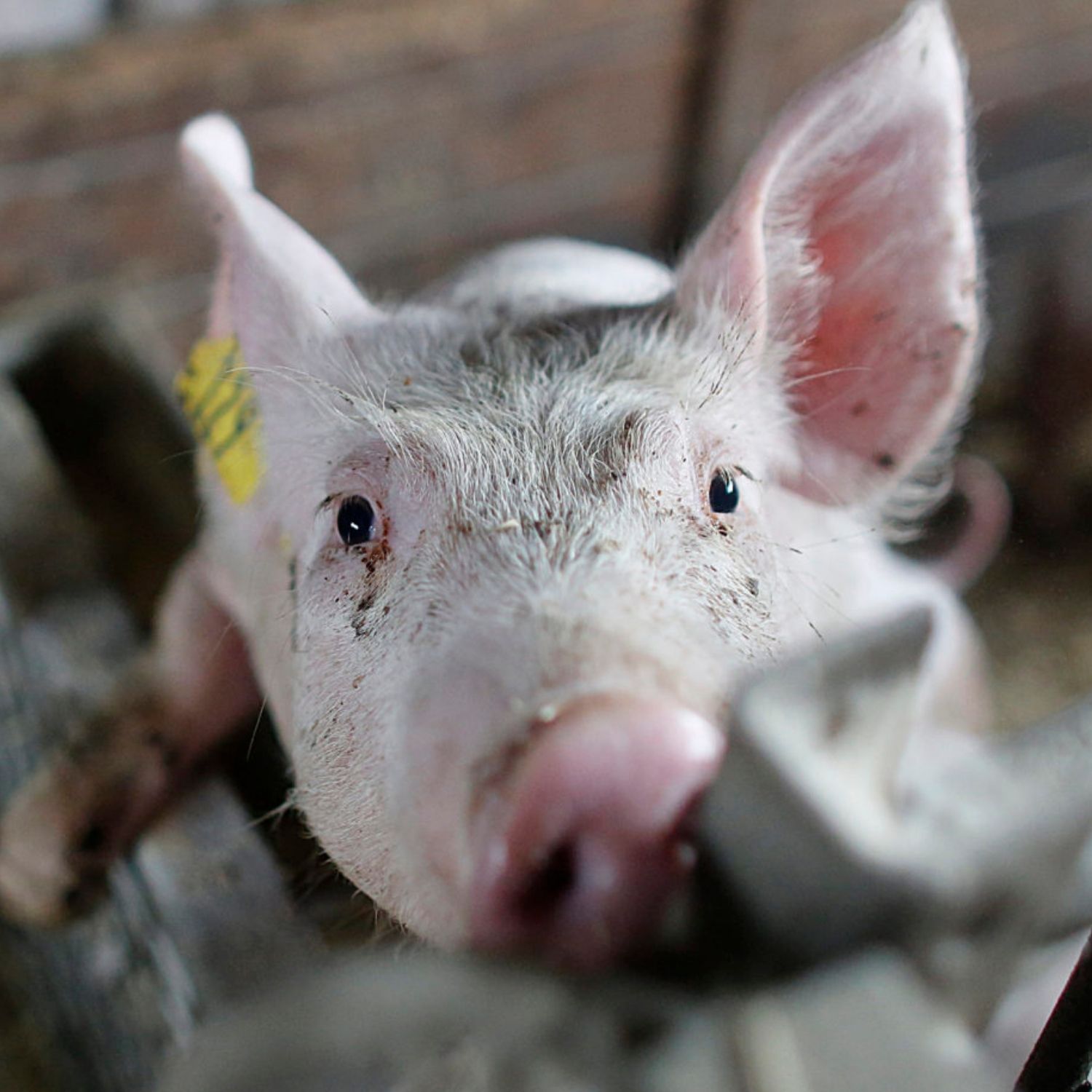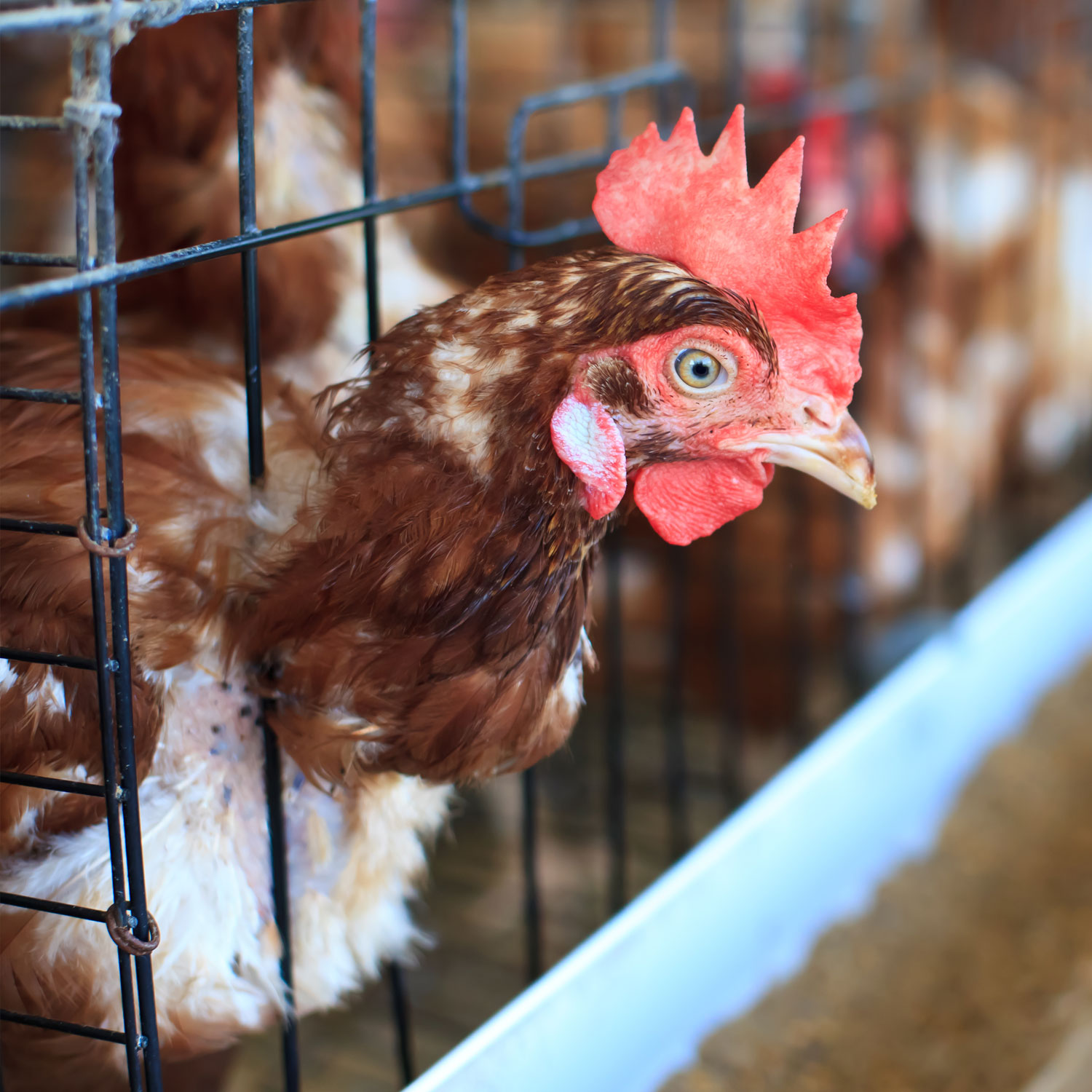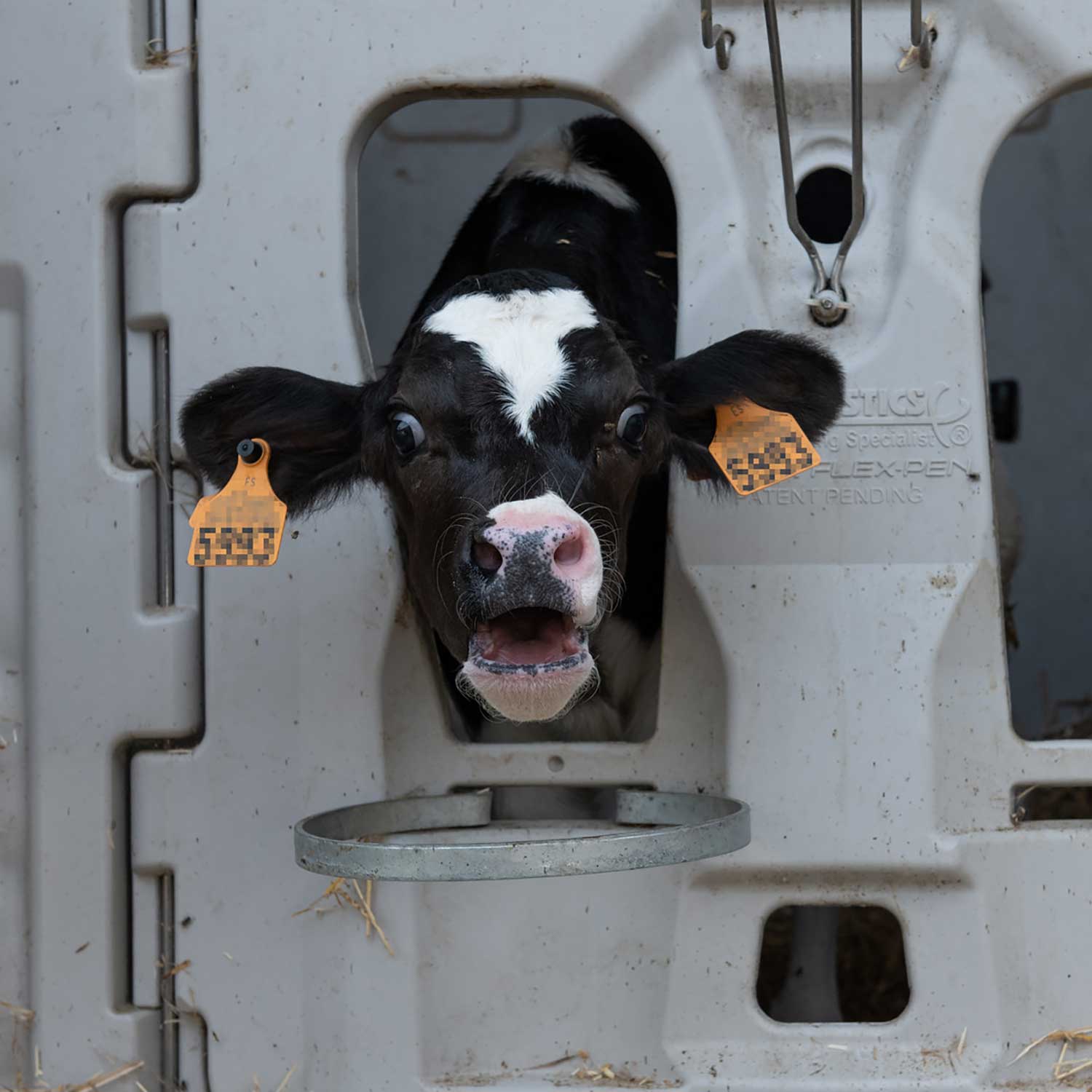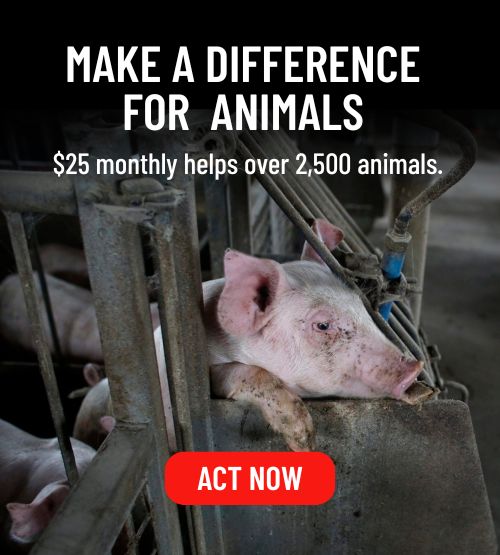The High Price Of Factory Farming
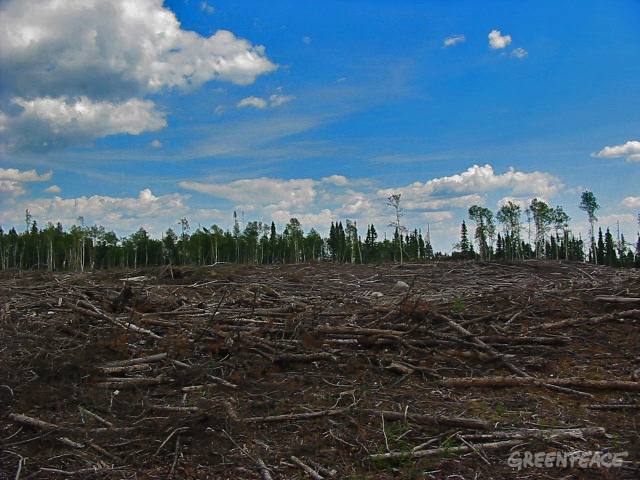
Back in 2006, there was nothing to lead us to believe that the meat industry was going through a rough time. The world increased their consumption of burgers, sausages and chicken wings, people were thinking that the only source of protein was meat, governments promoted its consumption, and environmental organizations hadn’t said a single word about the “small” problem that factory farming was causing: destruction of forests, water pollution, accelerated the greenhouse effect, and the brutal killing of more animals than ever before in the history of mankind. And then something happened, something that the multi-millionaire meat industry nor their almighty marketing departments and lobbies ever expected. A report entitled “Livestock’s Long Shadow” declared that factory farming was the leading cause of the largest global environmental disasters of our time. In their armchairs, millionaire directors of the giant meat industry grew very angry. Who the hell wrote that? Greenpeace? The WWF? PETA? Not even in their worst nightmares would they’ve imagined who was behind the devastating report: The United Nations, through its Food and Agriculture Organization (FAO) agency. In the landmark report from the FAO, the meat industry was declared to be one of the main polluters of the earth, responsible for climate change and air pollution, global water shortages, pollution of aquifers, and the irreparable loss of biodiversity. Nine years have passed since that report, and the situation has worsened even more for the almighty industries of burgers and grilled meat. Today, the voices calling for an end to factory farming have multiplied. From international environmental organizations such as the World Watch Institute, the Environmental Protection Agency of the United States, the World Water Organization, and the Center for Biological Diversity, to prestigious journals such as Science Magazine, Nature, International Business Times, and National Geographic. What was true back in 2006 remains the same in 2015. And now we know even more facts. Scientists have conducted further studies on the matter. Would you like to hear some?
- Methane gas has a global warming potential 86 times greater than that of carbon dioxide. Factory farming is responsible for emitting 600,000 million liters of methane daily into the atmosphere. A single cow can produce 250 to 500 liters of methane a day. The gas tank of a car powered by gas typically contains about 60 liters.
- Livestock is responsible for 65% of nitrous oxide gas emissions, a greenhouse gas with a potential 296 times greater than carbon dioxide.
- 2,500 gallons of water are needed to produce 1 pound of beef.
- 477 gallons of water are required to produce 1lb. of eggs.
- 1,000 gallons of water are required to produce 1 gallon of milk.
- Almost 900 gallons of water are needed for 1lb. of cheese.
- Livestock is responsible for the consumption of between 20% and 33% of all drinking water in the world.
- Factory farming and pasture to feed animals occupies 45% of the habitable land on the planet.
- Factory farming is a major cause of extinction of species, oceanic dead zones, water pollution, and habitat destruction.
- A main factor in one-third of the Earth’s desertification is caused by factory farming.
- Factory farming is responsible for up to 91% of deforestation in the Amazon.
- More than 70 billion animals are killed each year for human consumption. This means more than 6 million killed per hour.

